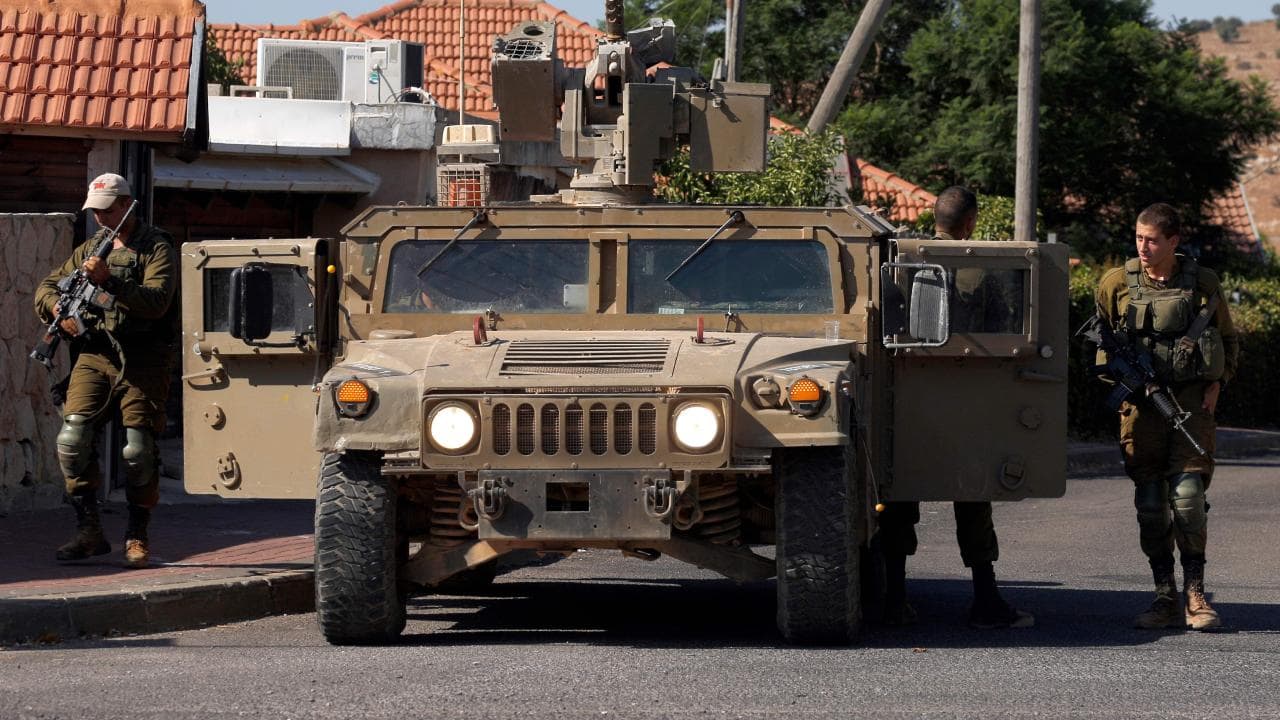Israel’s military campaign against Iran, long conducted through shadowy missile strikes in Syria, has burst into the open at a pivotal moment for Israeli Prime Minister Benjamin Netanyahu.
Behind recent strikes in Syria, Iraq and Lebanon are a confluence of geopolitical and domestic factors. Israel’s offensive seeks to reinforce Mr Netanyahu’s message that Iranian threats will be targeted wherever they are detected in the region.
“Iran is working on a broad front to carry out murderous terrorist attacks against the state of Israel,” Mr Netanyahu said yesterday. “Israel will continue to defend its security however that may be necessary.”
On the weekend, Israel struck a military site in Syria to prevent planned attacks from Iranian forces, and went on high alert in anticipation of a response from Iran.
On Sunday, Lebanese officials blamed Israel for two drones that fell on Beirut. Later that day, a drone attack in Iraq killed two members of an Iranian-aligned militia. In the latest strike, on Monday, Israeli aircraft hit a base in eastern Lebanon of the Popular Front for the Liberation of Palestine, a group backed by Tehran and the government of Syria.
Israel’s efforts to counter Iran reflect a high-wire act for Mr Netanyahu, who touts himself as the nation’s chief protector but now risks saddling Israel with multiple conflicts just weeks ahead of elections on September 17.
Some analysts warn that Israel’s enemies, including Iran, could exploit the sensitive political moment to goad Israel into a bigger fight. “Multiple engagements that are highly public on multiple fronts, with perhaps a political context attached to them, could incentivise one or more of Israel’s enemies to try to escalate into a much more expansive conflict,” said Daniel Shapiro, a former US ambassador to Israel who is now at the Institute for National Security Studies at Tel Aviv University.
Read the article by Felicia Schwartz in The Australian.

